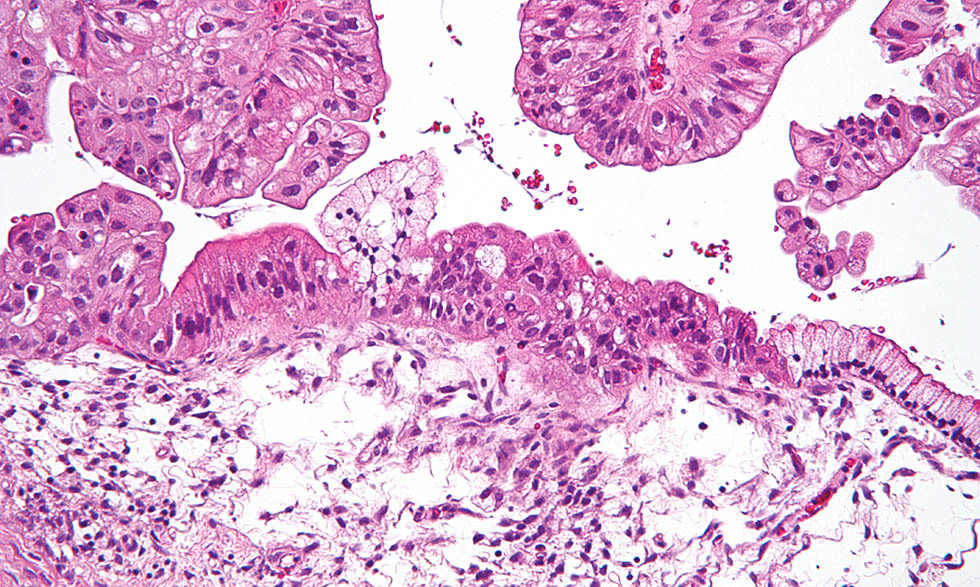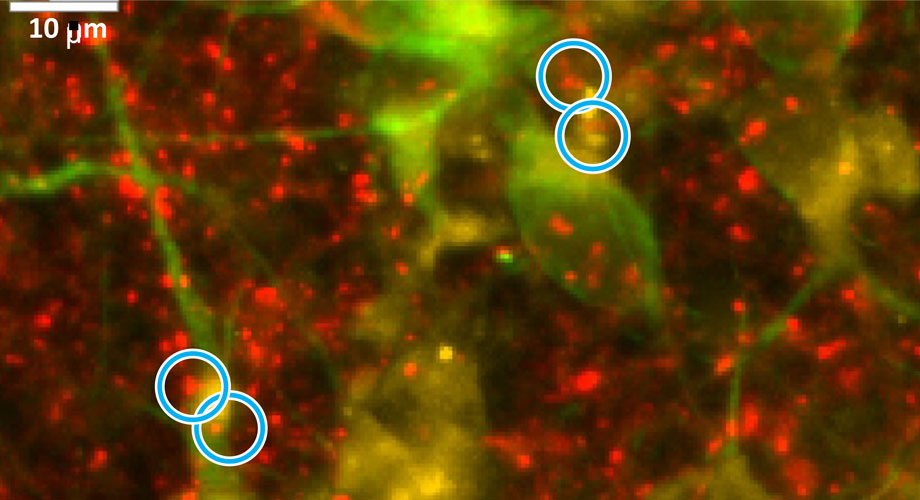
American Amber Pearson used to wash her hands until they bled, terrified by the idea of contamination from everyday items, a debilitating result of her obsessive compulsive disorder (OCD).
But the repetitive rituals of her condition are largely consigned to memory, thanks to a revolutionary brain implant that is being used to treat both her epilepsy and her OCD.
“I’m actually present in my daily life and that’s incredible,” the 34-year-old told AFP.
“Before, I was just constantly in my head worrying about my compulsions.”
Brain implants have hit the headlines recently with Elon Musk’s announcement that his Neuralink company had placed a chip in a pat...
Read More








Recent Comments